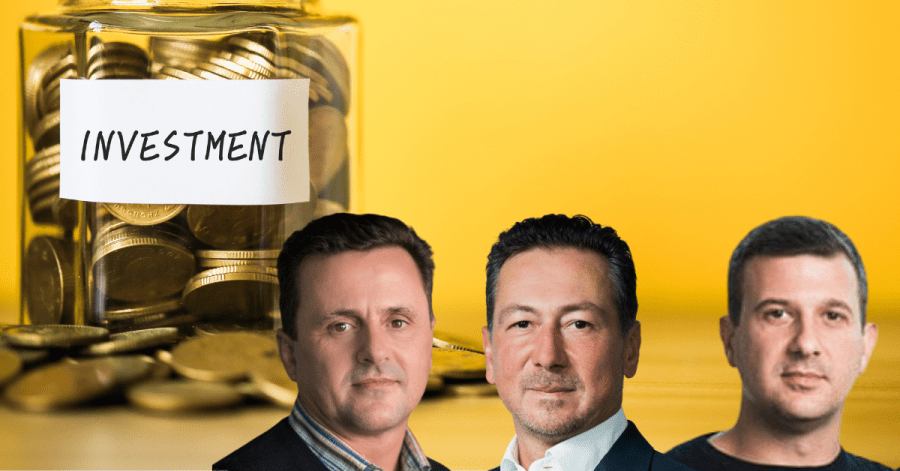A $60M Series A round joined by a couple of high-ranked VCs doesn’t happen overnight. What stays behind such success, besides the team, the idea, and the timely execution, is the kick-off support provided by friends, family, and professional angel investors.
Being an angel investor is a highly rewarding endeavor – in both financial and social aspects. Of course, just as with any other investment strategy, with the high rewards, come the high risks and the uncertainty. Moreover, angel investors do not base their decision on factors such as other investors’ behavior, company revenue, or sales. Instead, they are looking for something else.
Find out how to become an angel investor from 3 “veterans in the field”. But first, if you are wondering why should anyone consider angel investing as an alternative investment strategy in the first place, here is what Stanimir Vassilev, co-founder of Management Financial Group, says:
“I chose to become an angel investor to help clever kids build something meaningful and hopefully make some money together with them in the process.”
How to become an angel investor
According to Filip Filipov, CEO of the time management startup At Kairos and an angel investor in Dronamics, Vedamo, and Econic One, the one requirement to become a successful angel investor is to have a good network and access to quality deals. Stanimir Vassilev supports this thinking and says:

On the question of angel investor networks and clubs, Lubo Minchev, founder of Telelink and member of the Board of Directors at Endeavor Bulgaria, shares that investors can be successful on their own, but it is better to be part of a community because an angel syndicate can be very useful to mitigate the risk of an investment.
Fishing for angel investing opportunities
“The Snowball effect – the more you make, the more deals become available,” is the secret sauce of Filip Filipov for finding quality angel deals. Likewise, Lubo Minchev keeps in close contact with the startup community by offering mentorship and guidance on the venture path. Stanimir also relies on friends and venture funds’ invitations to connect with promising startups.
But then the question of how the deals are evaluated remains. It appears that the number 1 factor is the team.
“I meet the founders and if I like them and if I think they know what they are doing, this is 70% already; then I look at the deck and the numbers, competition, etc,” says Stanimir Vassilev.
Minchev points at the founders and the team, their values and their grit, as well as the size of the market. Filipov also bases his decision on the founders and on the market adding that he does not look at valuations.
Returns from angel investing

While Filipov explains that some major opportunities can offer wins around 10x, some investments turn into losses, and others offer returns close to break-even.
Building a diversified angel portfolio
On the question of how to become an angel investor, one must start with the basics of building a diversified investment portfolio.
Lubo Minchev advises choosing certain verticals or markets which are poised to grow over the next few years.

While Vassilev explains that he tends not to diversify. “I know, not a good strategy, but I prefer to put money in industries which I think I understand,” he says. This immediately rings a bell that sounds like the investment advice of Warren Buffet.
Time needed to become a successful angel investor
“I do not yet consider myself to be a successful angel investor. I can not feed my family on this activity… It is more like a hobby, a pleasant way to meet young people and help them achieve their dreams,” Vassilev explains. Filipov also points out that he still hasn’t exited any of his investments and advises angel investors to have patience.
Smart money in practice
Last but not least, angel investors help entrepreneurs succeed in more ways than just writing a check. Sound board, non-executive directors, board members, and mentors are some of the roles which angel investors can assume according to Filipov, Vassilev, and Minchev. That is how besides initial financing, angel investors can be of further help to the founders in recruiting, fundraising, and network expansion activities.







